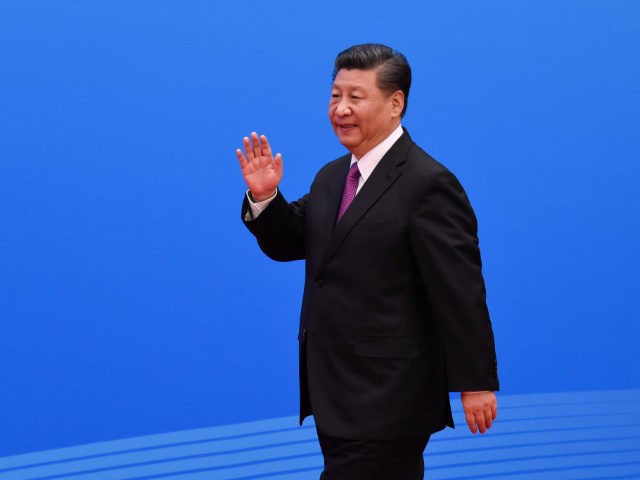The prices of goods imported into the United States fell in May even as tariffs increased on goods from China.
Prices for U.S. imports declined 0.3 percent in May, the U.S. Bureau of Labor Statistics reported Thursday. Import prices had been rising since December and advanced 0.1 percent in April. Compared with a year ago, import prices are down 1.5 percent.
The rise over the January through April period, however, was driven by higher fuel prices. Imported fuel prices rose 25.4 percent in the first four months of the year. In May, they declined by 0.1 percent.
Prices for nonfuel imports fell 0.3 percent in May following a 0.1 percent decline in April and a 0.2 percent decrease in March.
Prices for imported goods from China fell 0.1 percent and are down 1.4 percent from a year ago. The prices are measured before any tariffs are applied, so the lower prices indicate that China is absorbing at least some of the cost of the additional import duties.
Exporting countries can bear the burden of tariffs if the value of their currency falls or if their producers cut prices to maintain market share abroad. China’s currency has fallen in value and there are anecdotal reports that Chinese manufacturers are cutting prices to offset the tariffs.
Imports from Asian countries outside of China also fell in price, dropping by 0.2 percent in May for a 1.4 percent decline compared with 12-months prior. This suggests that companies that have shifted production out of China are not paying higher prices, undermining one of the key assumptions behind claims that tariffs would drive up prices for U.S. consumers.
Inflation in the U.S. has fallen below the Federal Reserve’s target of two percent, indicating that consumers have not been squeezed by tariffs. A close examination of prices of tariffed goods show that tariffs are being absorbed by importers and middlemen rather than being passed on to consumers.
Falling import prices are likely to hold down inflation in the U.S., making it more likely that the Federal Reserve will have to cut rates to achieve its price stability target.

COMMENTS
Please let us know if you're having issues with commenting.